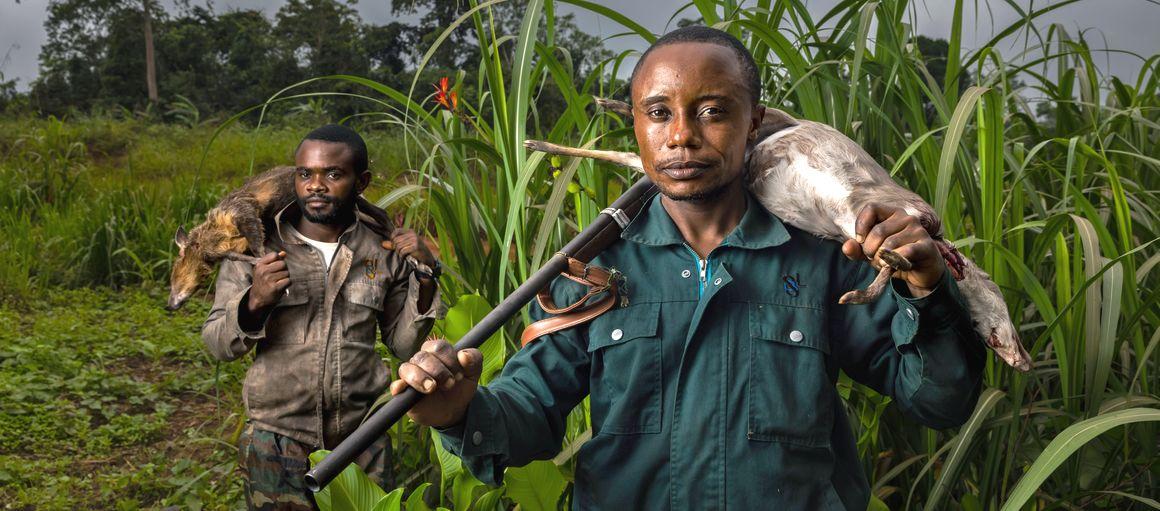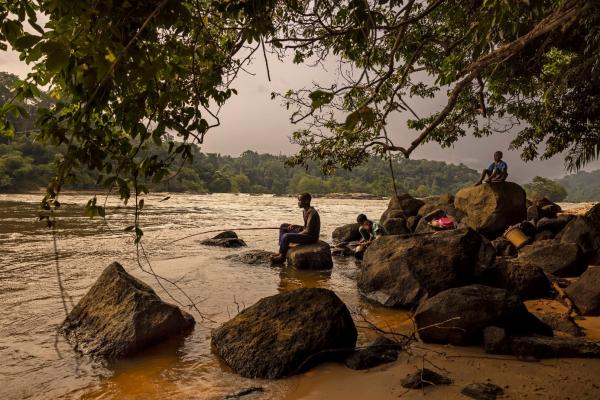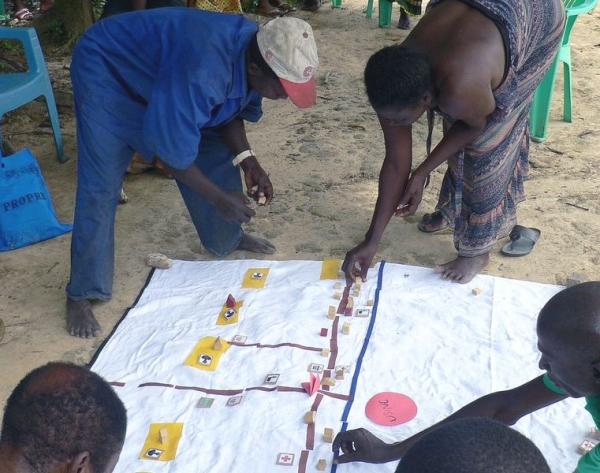Gabon is sparsely populated and over 80% of its land is forest. It is strongly committed to the conservation and sustainable use of its natural resources (national parks, protected areas, etc). The wood sector, where local processing is increasingly important, accounts for nearly 10% of GDP, ie twice the economic weight of agriculture, which remains underdeveloped despite considerable potential and a revival of the agro-industrial sectors (oil palm, natural rubber, etc). The national food deficit remains high.,
Gabon is actually a rentier state, where oil and, to a lesser extent mining (manganese, etc.), still provide over 60% of its income. Nonetheless, its agricultural and rural development is one of the main priorities for the country’s emergence, particularly targeting agricultural diversification and food sovereignty.
CIRAD’s main activities and missions in Gabon
The sustainable management of forest ecosystems, especially their wildlife, timber and biodiversity components, is the main focus of CIRAD’s cooperation in Gabon. In this context, several studies cover the marketing and consumption of wildlife, but also the search for alternative solutions via fish farming and livestock rearing, along with better human/wildlife/forest interactions, as well as the One Health approach. Laws and regulations applying to both wildlife use and forestry also lie at the heart of our collaborative research.
Key Figures
-
2
expatriate researchers
-
15 to 20
missions per year
-
2
current projects
-
2
PhD students supervised
Main research areas
- Sustainable wildlife management;
- Management of production forests and the timber value chain;
- Health, environment, and zoonotic risks
Cooperation and partnerships
Focus on a research and training platform in partnership (dP)
IRET and USTM are founding members of this regional network.
How can we improve polices, strategies and modes of intervention on every level so as to ensure the long-term preservation of the Congo Basin forests and food security for the people who derive a living from them?
Main partners
Ministries, research and development organizations, and universities.
- Ministry of Water and Forests, the Sea and the Environment, in charge of the climate plan and the land allocation plan;
- International Centre for Medical Research in Franceville (CIRMF);
- National Centre for Scientific and Technological Research (CENAREST);
- Research Institute for Tropical Ecology (IRET);
- Agricultural and Forestry Research Institute (IRAF);
- Technological Research Institute (IRT);
- Masuku University of Science and Technology (USTM).





























